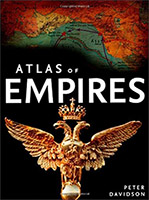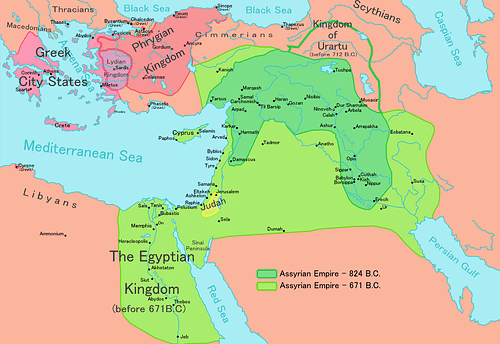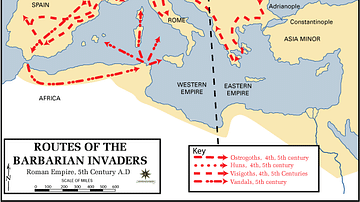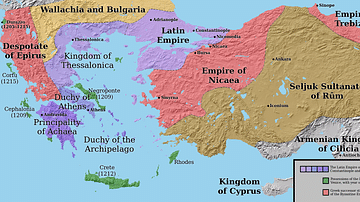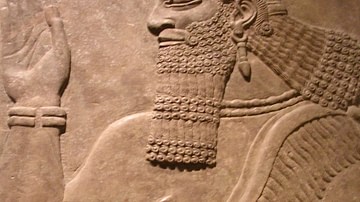
An Empire is a political construct in which one state dominates over another state, or a series of states. At its heart, an empire is ruled by an emperor, even though many states in history without an emperor at their head are called "empires".
What is an Empire?
At its core, an empire is the domination of one state by another. This idea lies at the heart of the common use of the term 'empire' and is as old as state-building itself. The earliest city-states tried to grow by taking over their neighbours. Where they succeeded, a single larger state might form, but more often the aggressor became a core state holding sway over a number of semi-independent peripheral states – a halfway stage to a larger state. This core state became more than merely the strongest in the region.
Sparta was the leader of a league of states but had little interest in interfering with their domestic politics. Athens, by contrast, also led a league but forced a supervised Athenian-style democracy on its supposedly independent members. Sparta was a hegemonic state, the strongest of a group, while Athens was interventionist and thereby imperial. The fact that Athens replaced tyrants with democratic government did not affect the imperial nature of this relationship.
Empires & Control
An empire is an unequal relationship between a core state and a periphery of one or more states controlled from the core. On the simplest level, control means military occupation or other formal political intervention, but it can also cover informal economic or cultural influence. Economic pressure by itself has frequently been enough to manipulate governments. Religion, ideology or other cultural forces have habitually accompanied political or economic persuasion.
The culture of the periphery, however, can exert its own pull and threaten to absorb a conquering power, most famously in the case of the Mongol conquest of China. As such, cultural imperialism is not a necessary component of empire.
In fact, neither is cultural difference per se, given the difficulty of deciding where one culture ends and another begins. In the modern era, the borders of the nation state have tried to settle this matter, but the nation state itself formed around a core state that standardized language and other aspects of culture in a way that typically alienated outlying regions. In the end, the acid test for cultural identity has remained solidarity in the face of a common enemy and this is a test most empires have at some stage passed.
Core & Periphery
To explain how empires, thus defined, have risen, persisted and fallen over the millennia, the core, the periphery and the international situation each need to be examined.
The core state is the place to look to find various motives for expansion, from the dream of imposing an imperial peace on squabbling states to the desire for economic exploitation, lust for the glory of conquest or zeal for evangelism, religious or ideological.
The periphery is the place to look for crucial resistance or collaboration. Specifically, the fates of many empires have hinged on peripheral leaders deciding where their best interests lay. Often, the core can provide an account of an empire's rise, while the periphery better explains its persistence.
Examples of Empires in the ancient world include those of Sumeria, Babylonia, Assyria, that of the Hittites, the Egyptian, the Persian, the Macedonian, the Inca, the Aztec, and, most famously, the Roman.
